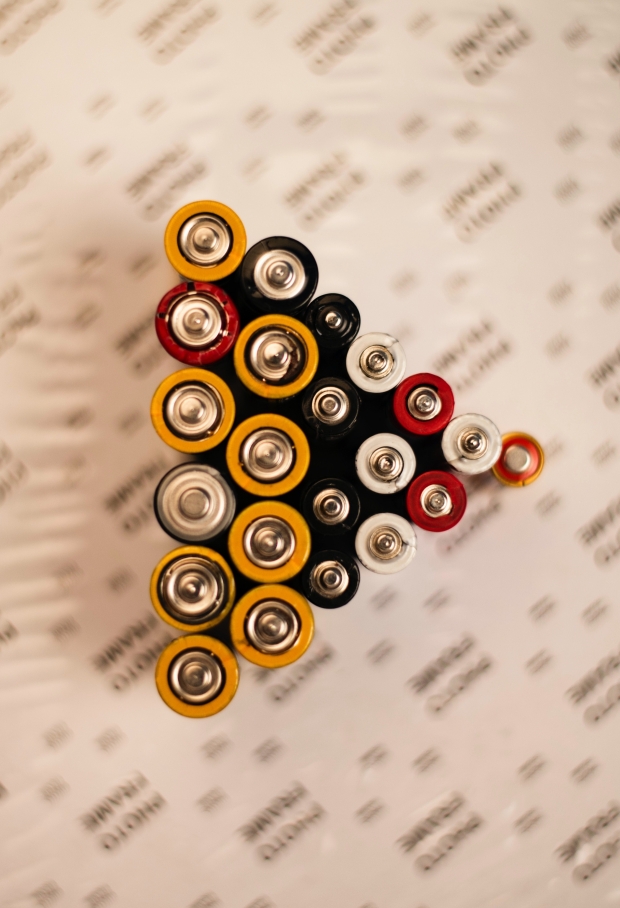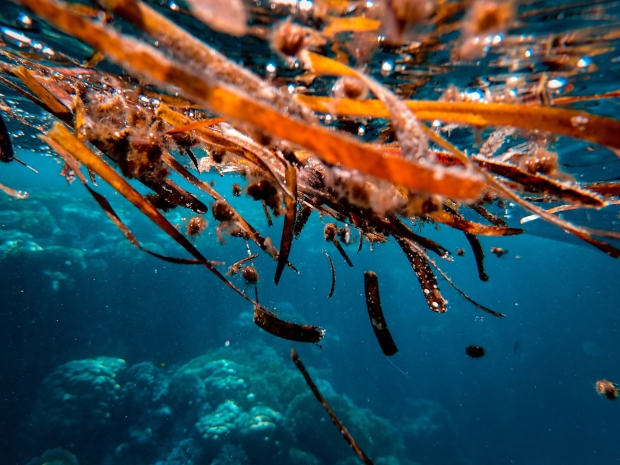The push from traditional internal combustion engines towards an electric future is inevitable, with automakers and governments sorting themselves out. Although EV batteries heavily rely on lithium-ion now, researchers hope seaweed-based nanomaterials can one day offer a more energy-efficient storage platform.

The seaweed-inspired battery separator is strong enough to prevent punctures by sodium-created metal structures - and successfully keeps the plus and minus ends separate for the charge to freely move.
EVs are noticeably pricy when released which is heavily influenced by the high costs of lithium procurement - and producing the heavy battery packs. Researchers and engineers are keen to find more sustainable solutions to lithium batteries. Researchers from the University of Bristol, University College London, and Imperial College found brown seaweed cellulose nanomaterials to be an effective alternative.
As noted by Dr. Amaka Onyianta, co-author of the research and cellulose nanomaterial creator for the team, said in a press statement:
"I was delighted to see that these nanomaterials are able to strengthen the separator materials and enhance our capability to move towards sodium-based batteries. This means we wouldn't have to rely on scarce materials such as lithium, which is often mined unethically and uses a lot of natural resources, such as water, to extract it."
Moving forward, additional research into greener energy storage will continue, especially as manufacturers rethink production methods that are greener. UK researchers plan to look for methods to upscale production as a future replacement available instead of current lithium-based solutions.
The push towards EV from gas and diesel is disrupting the auto industry, with concerns related to lithium supply. To keep up with demand, at least 20 times the amount of lithium will need to be mined by 2050, so any realistic alternatives will be welcomed by researchers.




